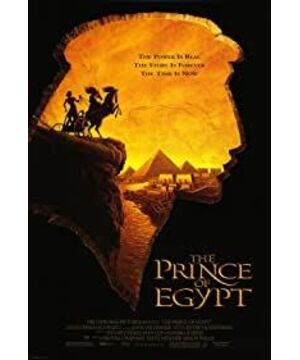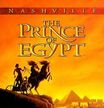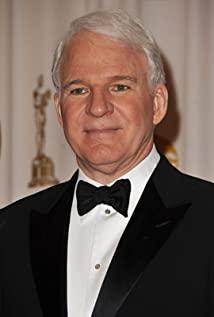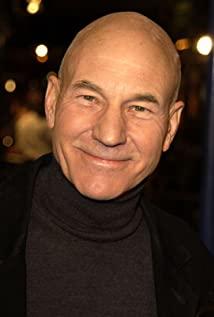Moses was put in a basket by his mother and drifted along the river, hoping that he would grow up safely and rescue everyone. He drifted into the palace and became the prince of Egypt. By chance, he learned of his background and witnessed the suffering of Hebrew slaves, and he pushed a foreman down on impulse. He chose to escape, no longer be the prince of Egypt, and unknowingly arrived in a country of equality, happiness and freedom, married, and lived a life of herding sheep and dancing. One day, under the guidance of the lamb, he saw the ancestral Hebrew god, a fire, and told him to go to Pharaoh and let him rescue the people there.
(Here’s a different topic: if my husband suddenly told me that I was going to fulfill the mission God gave him to save his people. I would definitely feel that he didn’t wake up. I rolled my eyes) [Some personal views: Actually The appearance of this god also reflects Moses' heart. When he learned about his life experience and saw those cruel atrocities, he was not indifferent at the time, so he would not forget it with peace of mind when he lived a peaceful and happy life. even happier. The more uneasy it is. This sense of responsibility, mission and kindness in his heart is like a god who drove him to go to Egypt to rescue the suffering slaves and set the Hebrew slaves free. 】Although I think there is nothing wrong with it, this film and this history have indeed shaped a god. The so-called religious beliefs should be respected, and don’t be cranky.
The pharaoh at this time was already Ramses, his older brother. Pharaoh did not agree to put back the Hebrew slaves.
I can't understand the rest of it. Pharaoh did not agree to put the Hebrews back, even though it was wrong. But in order to force him to agree, is it necessary to bring down disasters to hurt innocent people? Locusts, pestilence, and the eldest son of every family. This method of suppressing violence with violence will only bring endless resentment. Moses achieved his purpose, but would he really be happy? "As long as you believe in gods, miracles will happen." But should such a miracle really happen? Although hundreds of thousands of people have been saved, it has also hurt many, many innocent people. Should the ruler's mistakes be borne by his people and descendants?
The waters washed away the Egyptian warriors, and the Lamsters, and the pharaohs, and the brothers of Moses . As far as my education and my personal thinking are concerned, if I were Moses, I would be sad, I would not bear it, and I would doubt my decisions. It's not a perfect ending.
Moses is a great benefactor of freedom and liberation, comparable to a god-like existence. But what did he really do? Believe in God and act according to God's will. If he had a charismatic personality, it was probably because he dared to ask Pharaoh to let the Hebrews go. I can see the bravery and kindness in his heart. But as far as the content of the film is concerned, it was this god who really influenced and freed the slaves. Moses did almost nothing. Even at the beginning, he chose to run away. The Hebrews, who had always accepted him and recognized him, were at first abandoned by him.
I think not everyone will have the pleasure of "good will be rewarded with good and evil will be rewarded with evil" after watching this film. I think there should be many people who think that this god is too much. Even if he acts like this, even if he liberates the people, what is the difference between him and those evil rulers? Maybe this is war. We have to use brutal methods to achieve success, failure is a dead end. And resentment, if it didn't arouse the subsequent war, it can only be left to time to slowly fade away. Then can I say that this film can more or less arouse people's thinking, reduce disputes and pursue peace. (Although I know this is a historical adaptation)
So... cherish peace. Keep a grateful heart and a tolerant heart. Know how to be considerate of others and perceive the suffering of the people.
The ps scene is still very beautiful. The song is still very good.
View more about The Prince of Egypt reviews











